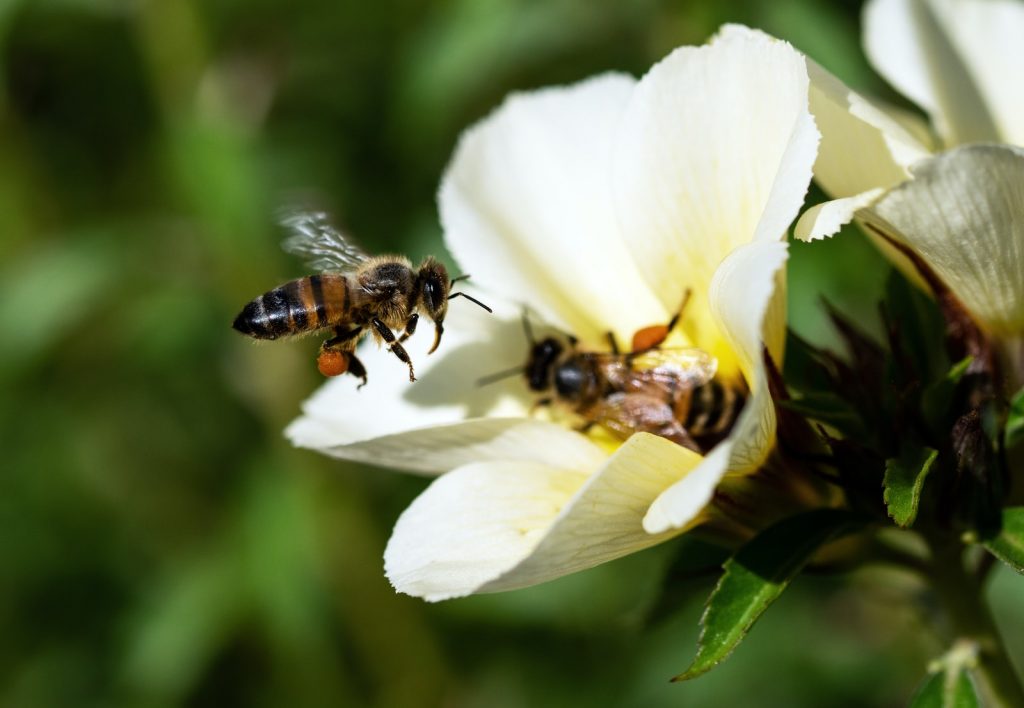Alberta beekeepers report high mortality rate in honeybees

Posted May 18, 2022 10:53 am.
Last Updated May 18, 2022 10:59 am.
Springtime in Alberta usually means fields are abuzz with honeybees, but that might not be the case this year, as beekeepers across the province are reporting significant losses.
Connie Phillips, executive director of the Alberta Beekeepers Commission, says beekeepers have lost over 50 per cent of their hives over the winter months.
“An average across the province, I would say is at 55 per cent loss. It is just unprecedented — incredible,” Phillips said. “The average for the last 10 years has been about 26 per cent overwintering loss and even that number is high and unsustainable over the long term.”
Phillips adds this is not just an Alberta issue, with parts of the country such as Manitoba recording 80 to 90 per cent losses over the winter.
She says a big contributor to the decline in the bee population is due to extreme weather and a parasite called varroa, a mite that attaches itself to the bee and weakens its defenses.
“Varroa acts like a vector for viruses and a few other diseases because they weaken the hive,” Phillips said.
She adds Alberta beekeepers noticed high counts of varroa when they were preparing their bees for winter, but a large number of bee deaths can be attributed to droughts that the province experienced last summer.
“There wasn’t good forage for the bees. A lot of the normal, usual good forage crops either weren’t growing because of the heat, or when it gets that hot they don’t produce a lot of nectar or pollen,” Phillips said.
READ MORE:
-
A Banff vacation is getting more expensive as the cost of everything rises
-
Flames versus Oilers in Battle of Alberta: The Next Generation
-
Alberta’s Kenney to learn fate as party announces results of leadership review vote
Keepers typically ship bees in from other countries to make up for losses, but Phillips says demand has outgrown supply. And it’s not only honey producers who feel the sting.
“There is a lot of concern across the country for crop producers that rely on bees for pollination, that they just won’t get bees to pollinate their crops this year,” Phillips said. “The impact is huge because it will continue to cascade outside the beekeeping industry, into the crop production industry.”
For anyone looking to help save the bees, Philips recommends planting bee-friendly flowers leaving the dandelions on your lawn alone. Dandelions are an important source of nectar and pollen for bees.
You can also help beekeepers by shopping local and buying 100% Canadian honey.








